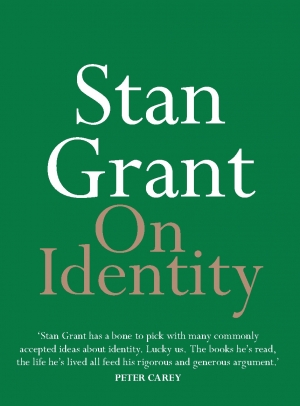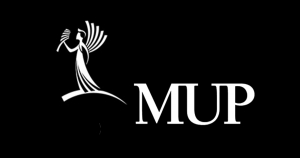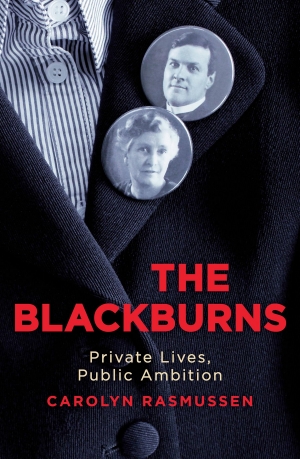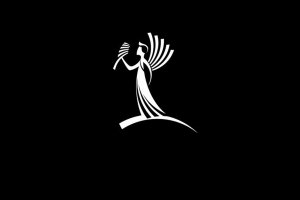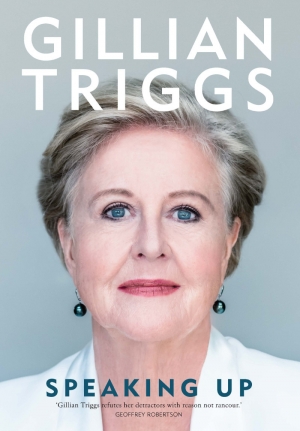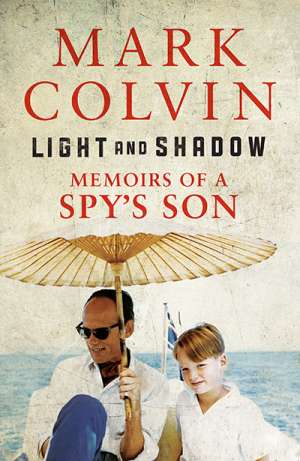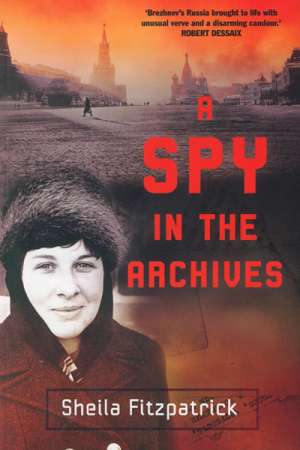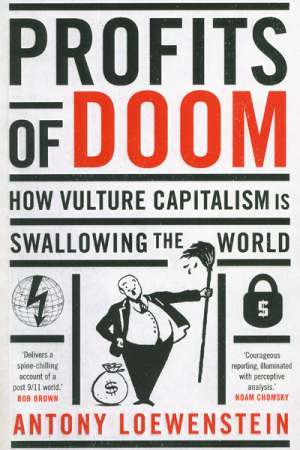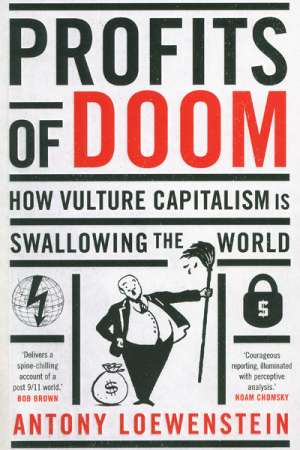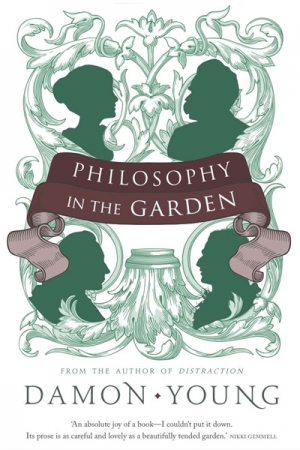Melbourne University Press
It was a great moment in Australian history when William Cooper walked to the Australian parliament to object to the treatment of Jews in Germany during World War II. At the time, the British and Australian parliaments were ambivalent about the atrocities occurring across Europe ...
... (read more)Like many of us, I think of the book as the great vehicle for the sophisticated expression of our humanity. The world needs the book more than ever...
... (read more)Jacqueline Kent reviews The Blackburns: Private lives, public ambition by Carolyn Rasmussen
If you were young and energetic and a believer in a range of progressive causes, Melbourne in the first three decades of the twentieth century was an exciting place. It was even better if you were in love. Doris Hordern and Maurice Blackburn, the joint subjects of Carolyn Rasmussen’s deeply researched ...
... (read more)The University of Melbourne’s announcement on 30 January 2019 that Melbourne University Publishing would henceforth ‘refocus on being a high-quality scholarly press in support of the University’s mission of excellence in teaching and research’, which led to the resignations of its chief executive, Louise Adler ...
... (read more)Gillian Triggs is a pearls-and-perfectly-cut-jacket person these days, so it is thrilling to learn that she was dressed head to toe in motorcycle leathers when she had one of the more instructive experiences of her life. It was 1972, and Triggs, the future president of the Australian Human Rights Commission ...
... (read more)Morag Fraser reviews 'Light and Shadow: Memoirs of a spy's son' by Mark Colvin
Mark Colvin’s fine memoir – of a journalist’s life and as a spy’s son – was completed before the Macquarie Dictionary chose ‘fake news’ as its word of the year, and the OED and Merriam-Webster opted for ‘post truth’ and ‘surreal’. In July 2016, as Colvin was writing his acknowledgments chapter ...
... (read more)When Sheila Fitzpatrick arrived in Oxford in 1964, with a couple of years of Russian language studies at Melbourne University and a Commonwealth Scholarship under her belt, she had more than a passing knowledge of Cold War spying. Her father, Brian Fitzpatrick, was a labour historian and well-known leftist who had advised the Labor Opposition leader H.V. Evatt ...
One of the literary legacies of the financial crisis is a type of travel writing focused on the local social, economic, and environmental effects of unfettered global capitalism. There are two types of such books. Michael Lewis is perhaps the best known and most widely read author of the first kind, in which the reporter becomes a kind of tour guide to the financial freak show. In Boomerang (2011), Lewis shows how greed overwhelmed both the lenders and the borrowers of cheap money in places like Iceland, Ireland, and the United States. Reading him is like watching the circus through binoculars. The spectacle is both vividly close and comfortably distant; we enjoy the show but feel no direct involvement in the unfolding action.
... (read more)Virginia Lloyd reviews 'Profits of Doom' by Antony Loewenstein
One of the literary legacies of the financial crisis is a type of travel writing focused on the local social, economic, and environmental effects of unfettered global capitalism. There are two types of such books. Michael Lewis is perhaps the best known and most widely read author of the first kind ...
... (read more)Jay Daniel Thompson on 'Philosophy in the Garden' by Damon Young
P hilosophy in the Garden is the latest book from philosopher and social commentator Damon Young. The text contributes to existing studies of the cultural and personal significance held by gardens. Young begins by noting that gardens ‘can console, calm and uplift’, as well as ‘discomfit and provoke’. This range of responses adds to the ‘philosophical value’ of these spaces. Young moves on to discuss several ‘great minds, and the gardens they loved (or loathed)’. These include the authors Leonard Woolf (best known for being Virginia’s husband), Colette, George Orwell, Marcel Proust, and Jean-Paul Sartre.
... (read more)
